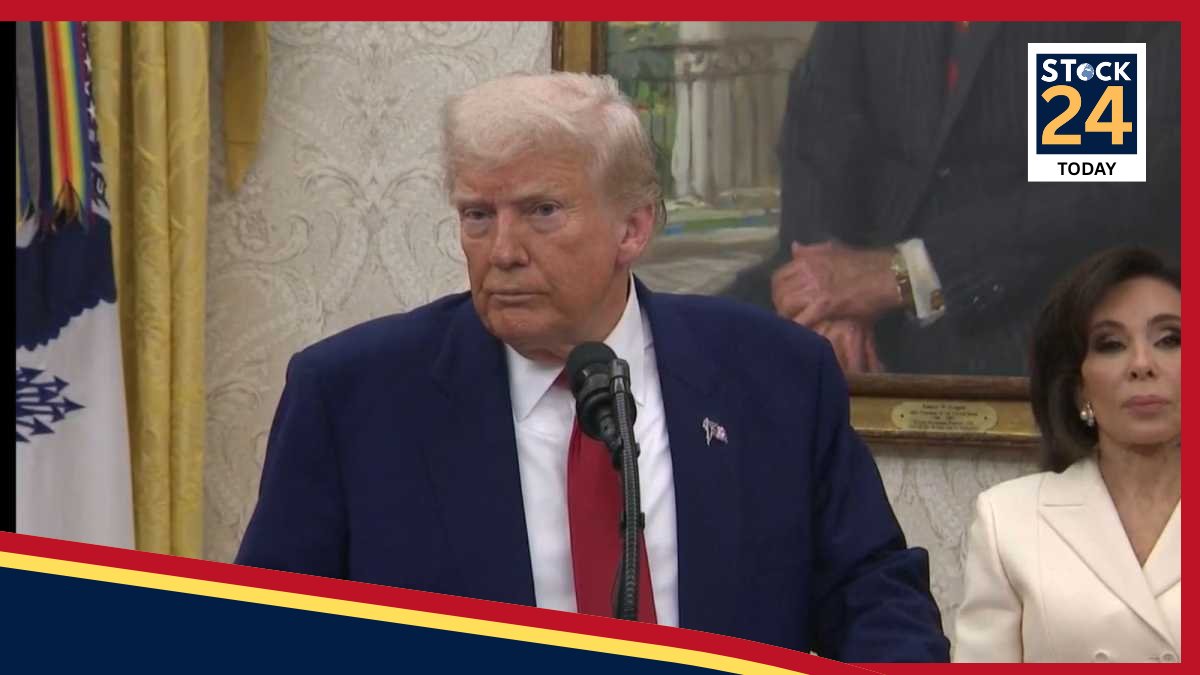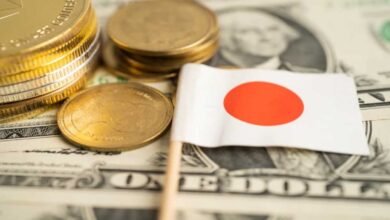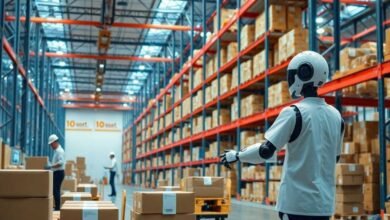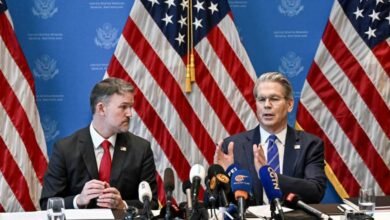Trump Signals De-escalation on Trade, Pauses Tariff Threat Against China Following Productive Summit

WASHINGTON – In a move that offers immediate relief to global markets, U.S. President Donald Trump announced on Friday that he sees no immediate need to consider retaliatory tariffs on China, citing a positive outcome from his recent summit with Russian President Vladimir Putin. The decision signals a significant de-escalation in trade tensions and provides a crucial window for ongoing diplomatic efforts.
The president’s remarks came after a high-stakes meeting in Alaska aimed at resolving the war in Ukraine. When asked if he would now impose tariffs on Beijing for its purchases of Russian oil—a step he recently took with India—Trump expressed optimism.
“Because of what happened today, I think I don’t have to think about that,” President Trump told Fox News. “Now, I may have to think about it in two weeks or three weeks or something, but we don’t have to think about that right now.”
He underscored the constructive nature of his discussions with the Russian leader, adding, “I think, you know, the meeting went very well.”
This pause provides welcome stability and breathing room for the world’s two largest economies as they continue to work on a broader trade agreement. By holding off on new punitive measures, the administration is keeping the door open for a comprehensive deal that could lower existing import taxes and normalize trade relations.
The decision to avert immediate tariffs is being viewed as a constructive step, prioritizing dialogue and negotiation over further economic conflict and creating a more favorable environment for a successful resolution.





